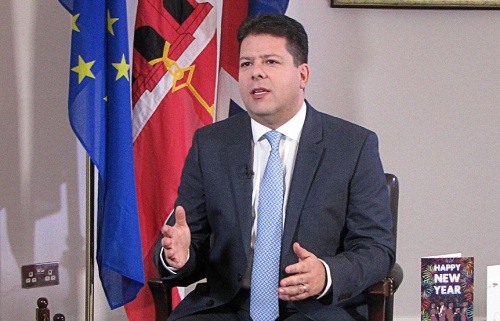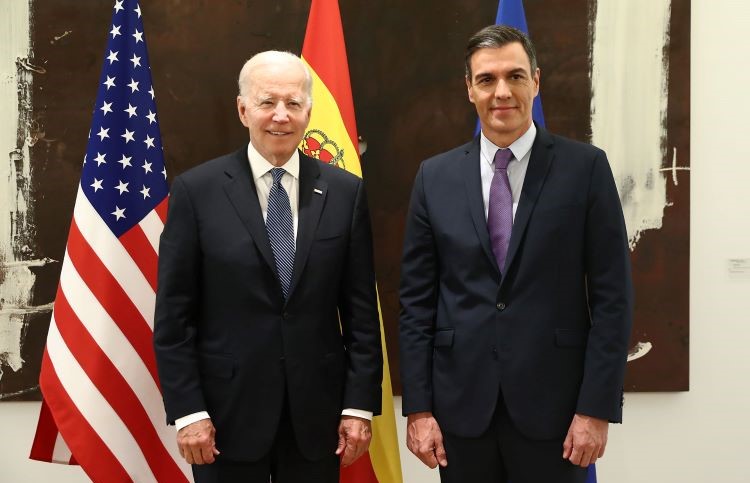The Diplomat
The Chief Minister of Gibraltar, Fabián Picardo, insists in an interview with La Vanguardia, that ‘Gibraltar cannot have the same tax regime as Spain’.
In his statements, Picardo reiterates the approach he has maintained on other occasions, which is one of the obstacles preventing an agreement from being reached between the United Kingdom and the European Commission on the future of the Rock after Brexit.
In the interview, the chief minister assures that, at times, Gibraltar is disrespected in Spain and assures that many of the things that are said about Gibraltarians ‘are not true’. ‘We are not smugglers and Gibraltar is not a tax haven’, he stresses, while affirming that they comply with the obligations of financial transparency.
Picardo defends Gibraltar’s uniqueness with the following argument: ‘It cannot have the same tax regime as Spain, because then we would not be able to create the shared prosperity to which we aspire’.
Spain has always claimed that taxation in the British colony and the Campo de Gibraltar, on the other side of the fence, should be similar, and this is one of the main sticking points in the negotiations. Thus, the Gibraltarians want VAT to be only 10% in their territory, while in Spain it is 21%. Some of the proposals on the negotiating table talk of raising VAT to 15% in order to equalise it, according to reliable sources consulted by The Diplomat.
On the other hand, there are also considerable differences in terms of corporate tax, the average rate of which is around 30% in Spain, while in Gibraltar it is only 10 or 12%, which, logically, makes it more attractive for companies to set up residence in Gibraltar.
On 29 May last, the Secretary of State for the EU, Fernando Sampedro, stated in the EU Joint Committee, in response to questions from the Popular Group, that work was being done to establish ‘indirect and special taxes, with special attention to the most sensitive goods such as tobacco, alcohol and fuel, and he referred to the need to avoid unfair competition. ‘In the framework of the negotiations, the EU advocates that the future agreement should guarantee open and fair competition, only in this way can we think of shared prosperity’, he said.
In any case, in his interview in La Vanguardia, Picardo does not hesitate to state that ‘Spain is an opportunity, but also a disappointment’.
On whether sovereignty is a problem in reaching an agreement after Brexit, Picardo points out that negotiations go beyond the concept of sovereignty and regrets that ‘the Spanish right and far-right maintain the spirit of the reconquest of Gibraltar’.
According to the chief minister, being at the entrance to the Mediterranean implies a ‘great responsibility, the same as for Algeciras and Tangiers’, and he points out that, together, they can create a large logistical area.
‘There is no other place like it in Europe and Africa,’ he adds, and affirms that the agreement will be reached soon if it moves forward in good faith, according to him.
Asked whether the border will disappear, he replies that he is trying to pass on to his children the Gibraltar of his father and grandfather, when ‘there was almost no border and the fluidity of contact enhanced understanding’.







